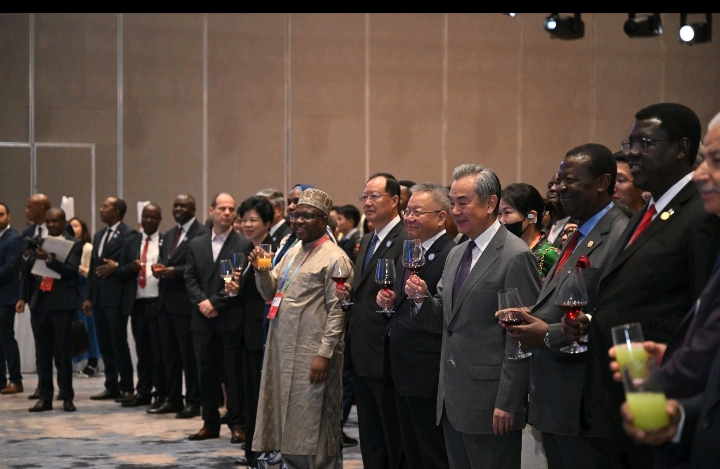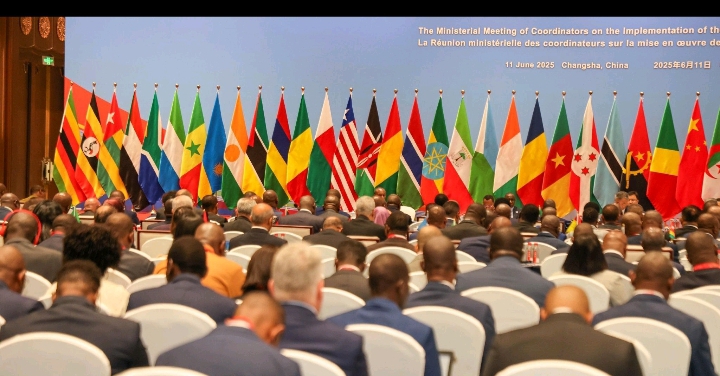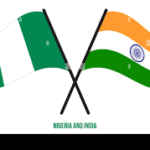China Unveils Zero-Tariff Policy for Africa, Paving Way for Unprecedented Trade and Investment Surge.
By Raymond Enoch
In a bold move to bolster Africa’s economic ascent, China eliminates tariffs on imports from 53 African nations, signaling a transformative shift in global trade dynamics.

Paradigm News monitored this landmark decision that underscores China’s commitment to Africa’s economic empowerment, which saw China announcingll the removal of all tariffs on imports from 53 African countries.

This unprecedented policy shift, was revealed during a high-level meeting in Changsha, that aimed to stimulate trade, foster industrial growth, and deepen the strategic partnership between China and the African continent.
The move extends beyond the previously established zero-tariff arrangement for the least developed nations, now encompassing major economies such as Nigeria, South Africa, and Kenya. Eswatini remains excluded due to its recognition of Taiwan. The policy is expected to significantly enhance market access for African exports, including oil, minerals, and agricultural products, to China’s vast consumer base.

This initiative is part of China’s broader strategy to invest $50 billion in Africa over the next three years, focusing on infrastructure, industrial development, and digital transformation. Key projects include the establishment of industrial parks, digital infrastructure, and the promotion of local currency settlement to strengthen financial connectivity.
African leaders have welcomed the policy, viewing it as a catalyst for economic diversification and industrialization. However, experts caution that the success of this initiative hinges on Africa’s ability to move up the value chain and reduce dependency on raw material exports. The challenge lies in leveraging this opportunity to foster sustainable economic growth and development.
As China and Africa embark on this new chapter of cooperation, the global community watches closely, recognizing the potential of this partnership to reshape the economic landscape and promote a more equitable global trade system.










